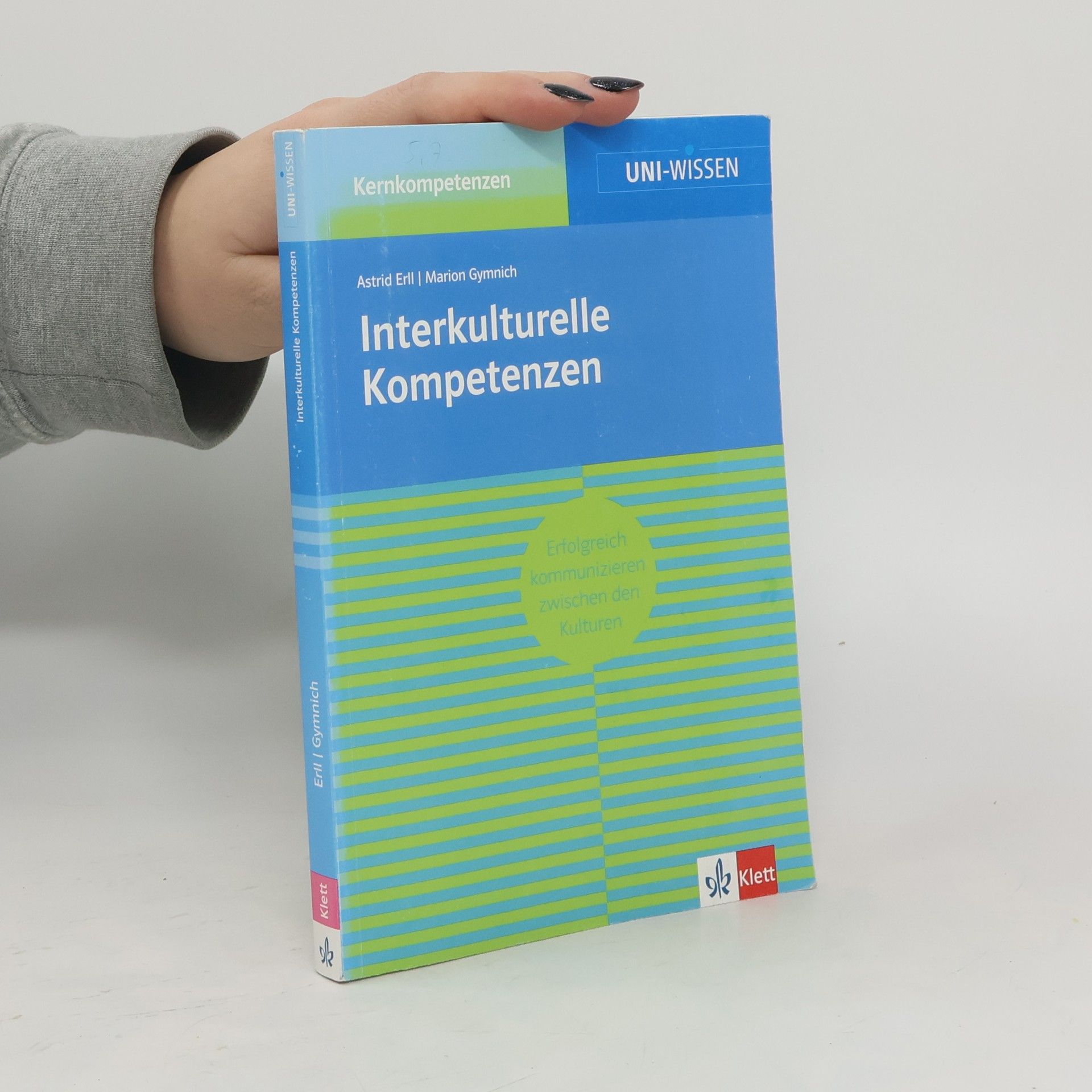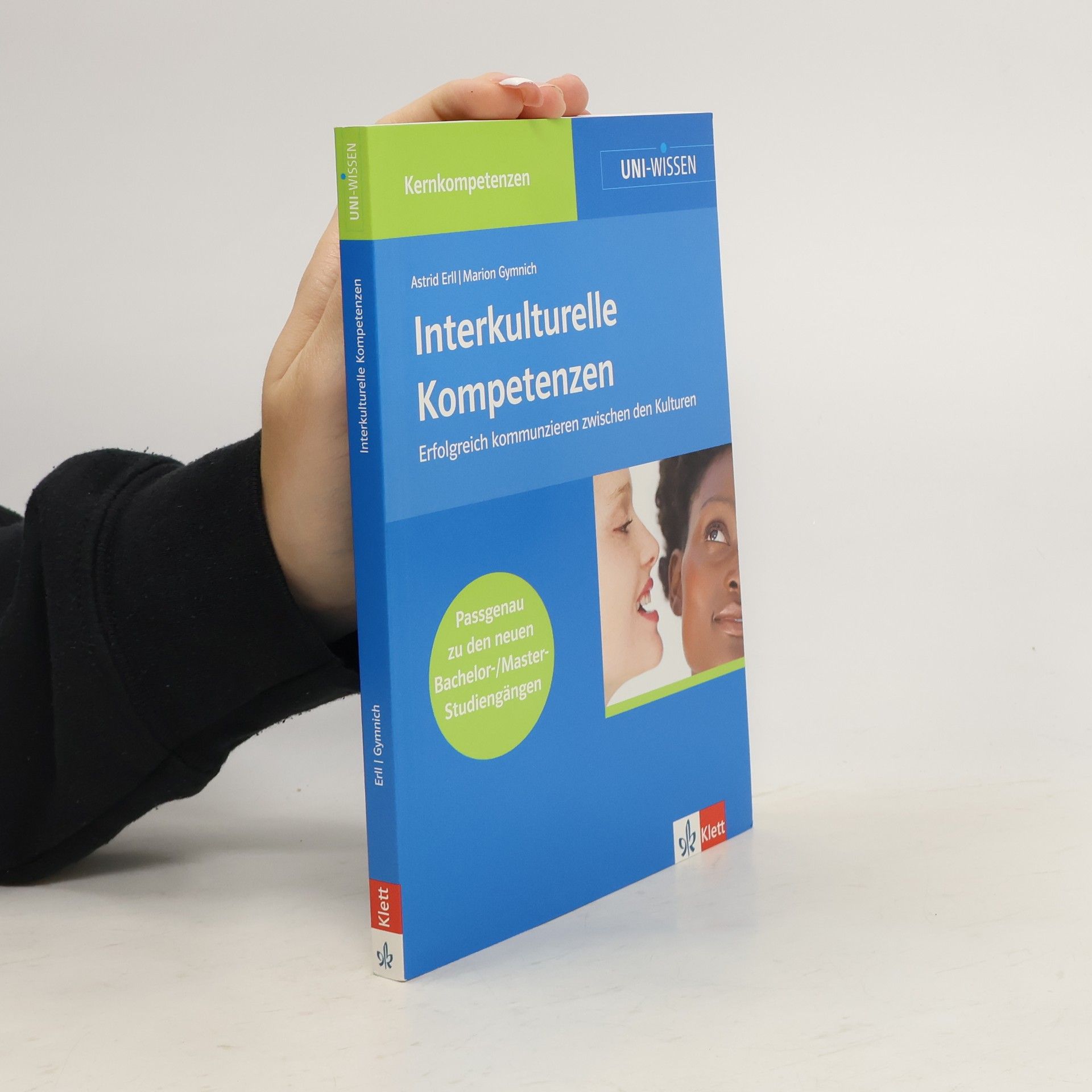Memory in Culture
- 209 páginas
- 8 horas de lectura
This book questions the sociocultural dimensions of remembering. It offers an overview of the history and theory of memory studies through the lens of sociology, political science, anthropology, psychology, literature, art and media studies; documenting current international and interdisciplinary memory research in an unprecedented way.



